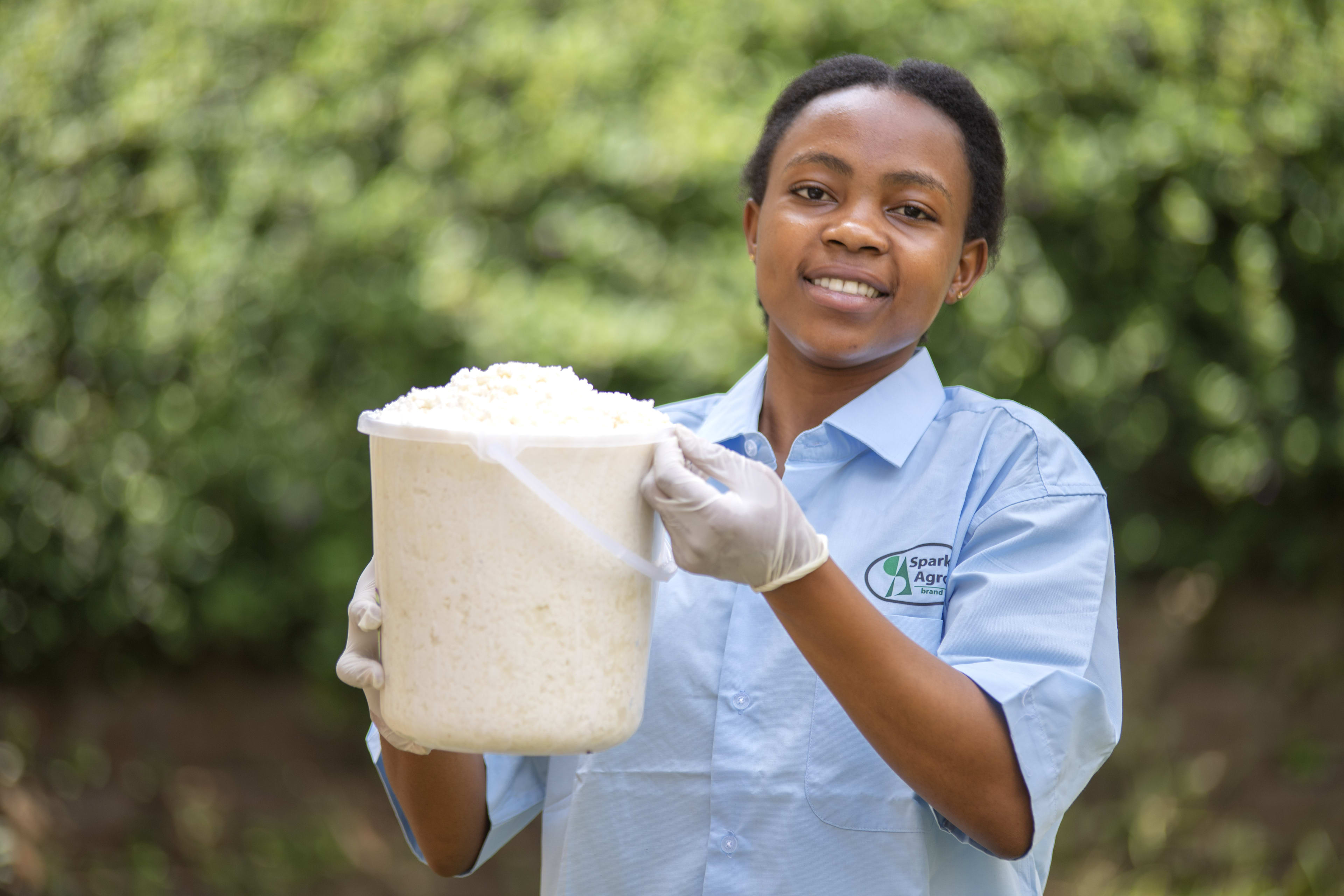
Help protect refugees from malaria disease
- Raised
- $28,000
- Next milestone
- $40,000
Ever since I was a child, my family depended on livestock farming for survival. We could dig ditches to collect rain water for our animals. Unfortunately, the same ditches became habitats for mosquitoes. I was always a chronic occupant of hospitals due to malaria disease to the extent my classmates nicknamed me a sicker. The same malaria disease claimed the life of my young brother at 5 years. At this time, my family shifted from livestock farming to crop planting which also came with its shortcomings among which was food wastage, low prices at the market and climate changes that affected outputs. As I grew up, I dedicated myself to find a solution to malaria disease and unnecessary wastage of agricultural products. That’s when I developed ecobed biotech initiative.
Across the globe, about 1-3 million cases of death due to malaria are recorded. Majority of these cases occur in Sub-Saharan Africa with Uganda sharing a large burden of the disease. Uganda is a home to the largest refugee settlement in the world with thousands of malaria cases reported in refugee settlement.
More to that, 1/3 of all food produced in the world is wasted. Spoilt milk and most dairy products amount to majority of food wasted and contribute to worsening of climate crises with milk discarded, running into downstreams and releasing methane emissions per day. Food wastage undermines the resilience of small scale farmers.
Our project aims to covert hundreds of litres of spoilt milk into an eco friendly mosquito repellent skincare lotion. Our lotion has been certified to be 97% effective against mosquito borne parasites as well as offering over 12 hours of uninterrupted mosquito free skin. To date, we have distributed over 120,000 units of our lotion to marginalized communities of refugees and we’re seeking additional support to distribute over 1M units of our lotion to refuge settlements. With this, we aim to save more lives from malaria as well as contributing to saving our planet from methane emissions and climate impacts.
